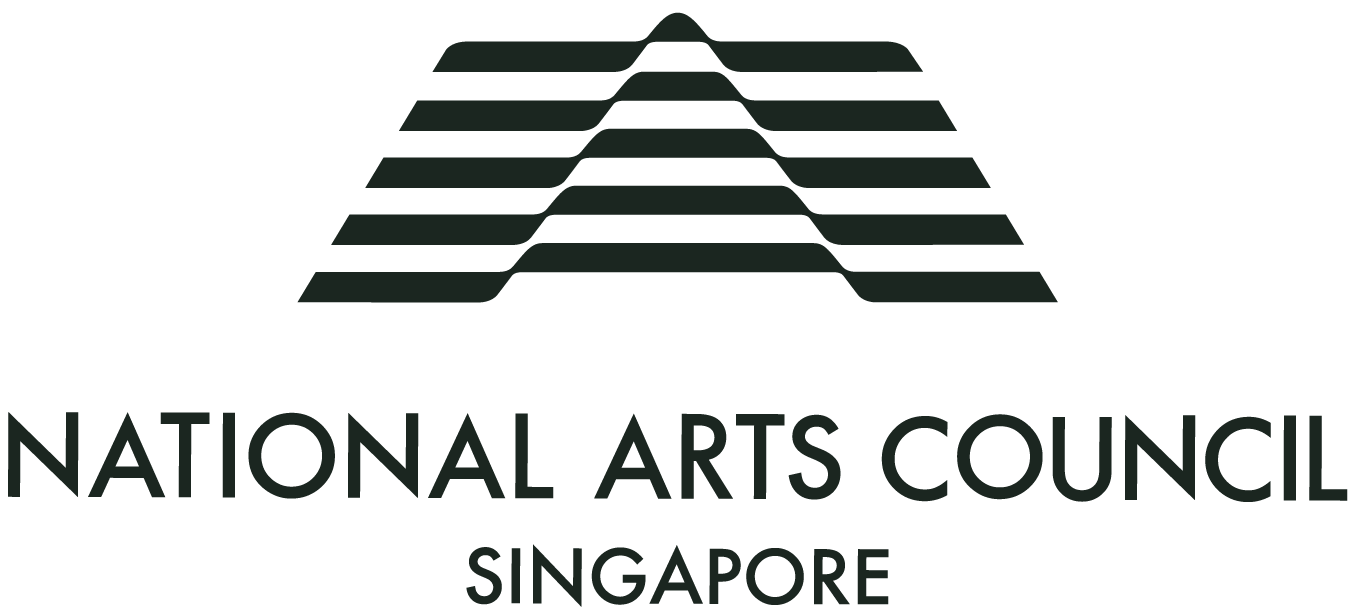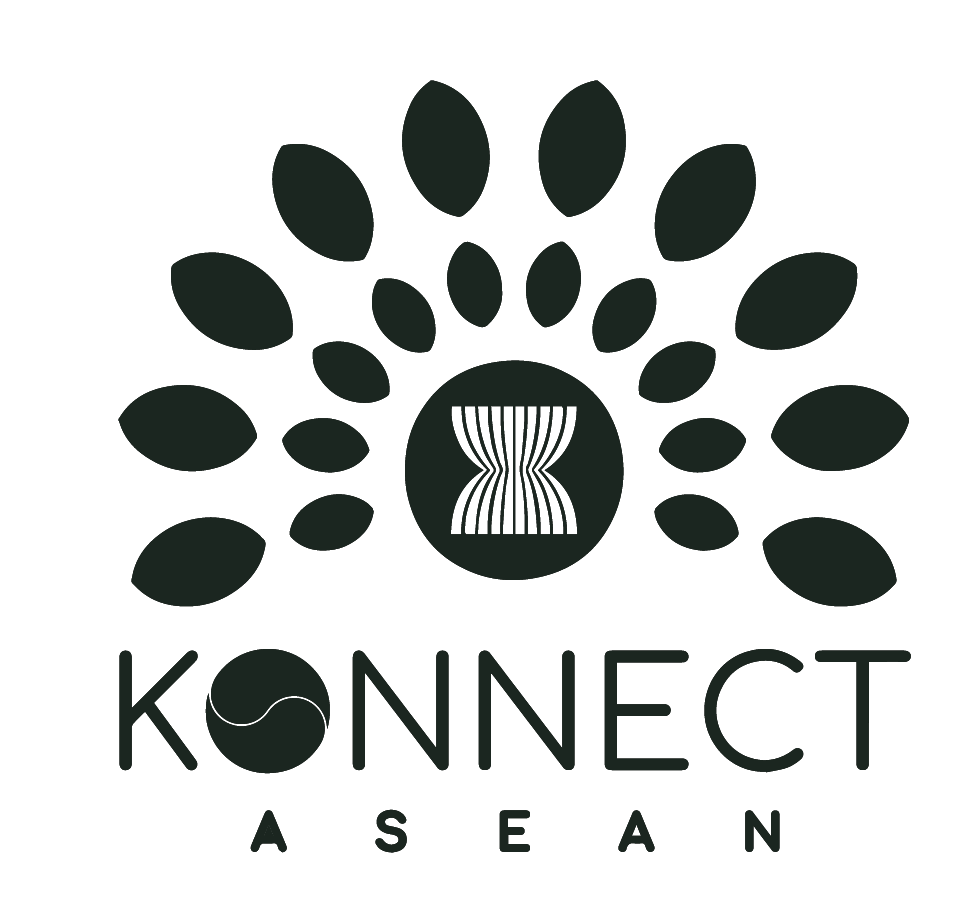Afro-Southeast Asia: Pragmatics and Geopoetics of Art during a Cold War is a webinar series that expands the current discourses that shape the history and legacy of Afro-Asian solidarity by prospecting connections and imagined affinities between Africa and Southeast Asia as regional frameworks that emerged out of Cold War decolonisation projects.
By examining cultural and political projects of the period alongside contemporary art practices that have sort to re-examine the micro and metahistorical trajectories from these affinities, Afro-Southeast Asia charts out the intersections of the pragmatism guiding historical solidarities and the geopoetics of their persistent aspirations.
Bringing together artists, theorists and historians, Afro-Southeast Asia is not just a Southeast Asian lens onto imaginations of transregional and global solidarities. The programme prospects new methodologies to study these lesser known histories and navigate their contemporary resonances in how we continue to imagine the world.
Organised in partnership with Grey Projects, the webinar is funded in part by the National Arts Council Singapore and is part of a larger research project on Afro-Southeast Asian histories and contemporary art supported by KONNECT ASEAN.
Week 1
︎︎︎Diplomacy as Theatre: Staging the Bandung Conference of 1955
Naoko Shimazu
︎︎︎Craft and Potency,
Place and Relations
Patrick D. Flores
︎︎︎Classroom for the Silenced
Syed Farid Al-atas, Aya Rodriguez-Izumi,
Angel Velasco Shaw
︎︎︎Making of a ‘Free World’ City: Urban Space and Social Order in Cold War Bangkok
Matt Phillips
︎︎︎Ar(t)chive: A Map of Teruya
Ariko S. Ikehara
Week 3
︎︎︎Unsettled Assignments
Siddharta Perez, Vuth Lyno
︎︎︎Feeling Emotional Ever Since: From Bandung to Berlin
Renan Laru-an
Week 4
︎︎︎Thinking alongside: Afro-Southeast Asia as orientation
Roger Nelson, Kathleen Ditzig and Carlos Quijon, Jr.
︎︎︎Sparse, sporadic, unspectacular: parahistory and Afro-Southeast Asian affinities
Carlos Quijon, Jr., Serubiri Moses and Simon Soon
Week 5
︎︎︎Chicken Feet Alliances
Elia Nurvista
︎︎︎Cold War Cosmopolitans: Anti-colonial solidarity and the Asian Socialist Conference
Su Lin Lewis
Organised by
With support from


Part of a research project developed in partnership with KONNECT ASEAN, an ASEAN Foundation arts and cultural programme funded by the Republic of Korea.

Diplomacy
as Theatre:
Staging the Bandung
Conference of 1955
Naoko Shimazu
17 April 2021
4pm—5.30pm (SGT)
To register please email:
natalie@greyprojects.org
︎︎︎view other webinars
As a significant ‘moment’ in twentieth-century international diplomacy, the rise of post-colonial Afro-Asia at the Bandung Conference of 1955 is replete with symbolic meanings. Naoko Shimazu’s lecture will propose ‘diplomacy as theatre’ as a conceptual approach to understanding the symbolic dimension of international diplomacy and recasting the conference as a theatrical performance, in which actors performed on the stage to audiences. Sukarno, Nehru, Zhou Enlai and Nasser all understood the importance as performers in their role as new international statesmen, representing the esprit de corps of the newly emergent post-colonial world. In deconstructing the symbolic, Shimazu's lecture makes apparent the role played by Indonesia in defining the underlying script of the diplomatic theatre which unfolded at Bandung.
About the Speaker
Naoko Shimazu is a global historian of Asia, and joined Yale-NUS College after 20 years of teaching at Birkbeck University of London. She has a joint appointment as Professor at the Asia Research Institute, NUS. Before she became an academic, she was a merchant banker in the City of London. Her main research work is on the cultural history of diplomacy, focusing on the idea of ‘diplomacy as theatre’ at the Bandung Conference of 1955. Together with Dr Christian Goeschel, she is the Editor of the Oxford Handbook on the Cultural History of Global Diplomacy, c. 1750-2000 (forthcoming 2024). Her major publications include Imagining Japan in Post-war East Asia (co-editor, Routledge, 2013), Japanese Society at War: Death, Memory and the Russo-Japanese War (Cambridge University Press, 2009), Nationalisms in Japan (editor, Routledge, 2006), Japan, Race and Equality: Racial Equality Proposal of 1919 (Routledge, 1998). Recently, she co-authored with Regina Hong and Ling Xi Min, Postcard Impressions from Early 20th Century Singapore: Perspective from the Japanese Community (Singapore: National Library Board, 2020).
Craft and Potency,
Place and Relations
Patrick D. Flores
17 April 2021
8pm—9.30pm (SGT)
To register please email:
natalie@greyprojects.org
︎︎︎view other webinars
This talk revisits two exhibitions to reflect on how sensible material is mediated by the values of “art” or “culture.” These values inevitably come to form the basis of “art history” and its “context.” Through a curatorial procedure, the said material assumes presence in an intersubjective atmosphere that enables it to signify, situate, or evoke. The exhibitions Crafting Economies (2002) and Bisa: Potent Presences (2011) are reconsidered in the effort to think about place-making and the “poetics of relation,” which inform the geopoetic gesture of both the art historical and the curatorial. Crafting Economies was part of the sprawling Under Construction: New Dimensions of Asian Art (2001-2003), a project of the Japan Foundation that sought to register the contemporary art of Asia; and Bisa: Potent Presences was a response to the equally extensive Self and Other: Portraits from Asia and Europe (2008), an initiative by the Asia-Europe Museums Network, helmed by encyclopedic museums in London and Osaka, that intuited personhood and otherness in human figuration or the figuring of the human. The exhibitions in Manila sought to inflect the discourses around contemporary art and self/other through the problematics of craft and potency.
About the Speaker
Patrick D. Flores is Professor of Art Studies at the Department of Art Studies at the University of the Philippines, which he chaired from 1997 to 2003, and Curator of the Vargas Museum in Manila. He is the Director of the Philippine Contemporary Art Network. He was one of the curators of Under Construction: New Dimensions of Asian Art in 2001-2003 and the Gwangju Biennale (Position Papers) in 2008. He was a Visiting Fellow at the National Gallery of Art in Washington, D.C. in 1999. Among his publications are Painting History: Revisions in Philippine Colonial Art (1999); Remarkable Collection: Art, History, and the National Museum (2006); and Past Peripheral: Curation in Southeast Asia (2008). He was a Guest Scholar of the Getty Research Institute in Los Angeles in 2014. He was the Artistic Director of Singapore Biennale 2019 and is the Curator of the Taiwan Pavilion for Venice Biennale in 2022.
Patrick D. Flores is Professor of Art Studies at the Department of Art Studies at the University of the Philippines, which he chaired from 1997 to 2003, and Curator of the Vargas Museum in Manila. He is the Director of the Philippine Contemporary Art Network. He was one of the curators of Under Construction: New Dimensions of Asian Art in 2001-2003 and the Gwangju Biennale (Position Papers) in 2008. He was a Visiting Fellow at the National Gallery of Art in Washington, D.C. in 1999. Among his publications are Painting History: Revisions in Philippine Colonial Art (1999); Remarkable Collection: Art, History, and the National Museum (2006); and Past Peripheral: Curation in Southeast Asia (2008). He was a Guest Scholar of the Getty Research Institute in Los Angeles in 2014. He was the Artistic Director of Singapore Biennale 2019 and is the Curator of the Taiwan Pavilion for Venice Biennale in 2022.
Classroom for the Silenced
Syed Farid Al-atas,
Aya Rodriguez-Izumi,
Angel Velasco Shaw
21 April 2021
7.30pm—9.30pm (SGT)
7.30am—9.30am (EST)
︎︎︎Click here to register
︎︎︎view other webinars
Held in parallel with the Afro-Southeast Asia: Pragmatics and Geopoetics of Art During a Cold War webinar series, this panel discussion organised by NUS Museum seeks to illuminate questions around subaltern epistemology and the silenced breath of alternative practice. This panel discussion brings together three panellists, Syed Farid Al-atas, Aya Rodriguez-Izumi, and Angel Velasco Shaw, whose identities find confluences between practitioner, theorist, and educator. The panellists will address the notion of decoloniality as contextualised within their respective experiences that transgress the hierarchy of knowledge. In articulating their shared undertakings of community-building engagements beyond conventional classroom settings, the panel aims to shed light on the dialectical relationship between critical pedagogy and the situatedness of practice.
About the Panelists
Dr. Syed Farid Al-atas is a contemporary Malaysian sociologist who is a Professor of Sociology at the National University of Singapore (NUS). He has lectured at the University of Malaya in the Department of Southeast Asian Studies prior to joining NUS. His areas of interest are historical sociology, the sociology of social science, the sociology of religion, and inter-religious dialogue.
Dr. Syed Farid Al-atas is a contemporary Malaysian sociologist who is a Professor of Sociology at the National University of Singapore (NUS). He has lectured at the University of Malaya in the Department of Southeast Asian Studies prior to joining NUS. His areas of interest are historical sociology, the sociology of social science, the sociology of religion, and inter-religious dialogue.
Aya Rodriguez-Izumi is an artist living and currently working in Harlem whose practice includes sculpture, music, installation and performance that straddles influence from her residence in New York City as well as her birthplace of Okinawa, Japan. Being half Cuban / Puerto Rican, and Okinawan / Japanese, notions of socio-cultural identity have always been a focus of her work and life. Since graduating from Parsons School of Design, she has been included in various group shows and has exhibited at venues such as the MoCADA, The Knockdown Center, Free Candy, and FLUX Art Fair among others. Her work, Okinawa’s Tragedy: Echoes from the Last Battle of WWII is currently on show at the NUS Museum in the exhibition Wishful Images: When Microhistories Take Form.
Angel Velasco Shaw
is a visual and media artist, educator, curator, and cultural organiser living in Manila and New York City. Her experimental documentaries—Inherited Memories, When Absence Becomes Presence, Motherload, The Momentary Enemy, Umbilical Cord, Asian Boys, Nailed and Balikbayan/Return to Home have screened in American, European, and Asian film festivals, museums, galleries, and schools. Over the course of 27 years, she has taught Media, Communication, Art, and Asian/Pacific/American Studies at the Philippines Women’s University, New York University, Hunter College, Columbia University, and The New School.
Making of a ‘Free World’ City: Urban Space and Social Order in Cold War Bangkok
Matt Phillips
24 April 2021
4pm—5.30pm (SGT)
To register please email:
natalie@greyprojects.org
︎︎︎view other webinars
During the 1950s, US psychological strategy for Thailand emphasised consumerism as a vehicle for the promotion of integration into the capitalist bloc. While this included the promotion of American products to urban Thais, it also involved the mobilization of the US consumer as a key individual in the struggle for Asia. From 1958, following a revolution that committed Thailand to an alliance with the US, the Thai state supported such efforts by mobilising Thai cultural resources for the benefit of visiting Americans. The outcome was a new kind of product that fused modern tastes and trends with Thai visual elements. During the 1960s, the proliferation of such products occurred in parallel with the emergence of new elite spaces that served the process of 'Free World' community building. The proliferation of art galleries, tourist spectacles, handicraft showrooms, hotels and shopping centres all provided a new kind of space from which to understand the Cold War. This paper will focus particularly on the case of Jacqueline Ayer, an Afro-American who was based in the city during the period, and became a key figure in the emergence of a specifically Thai-modern aesthetic.
About the Panelist